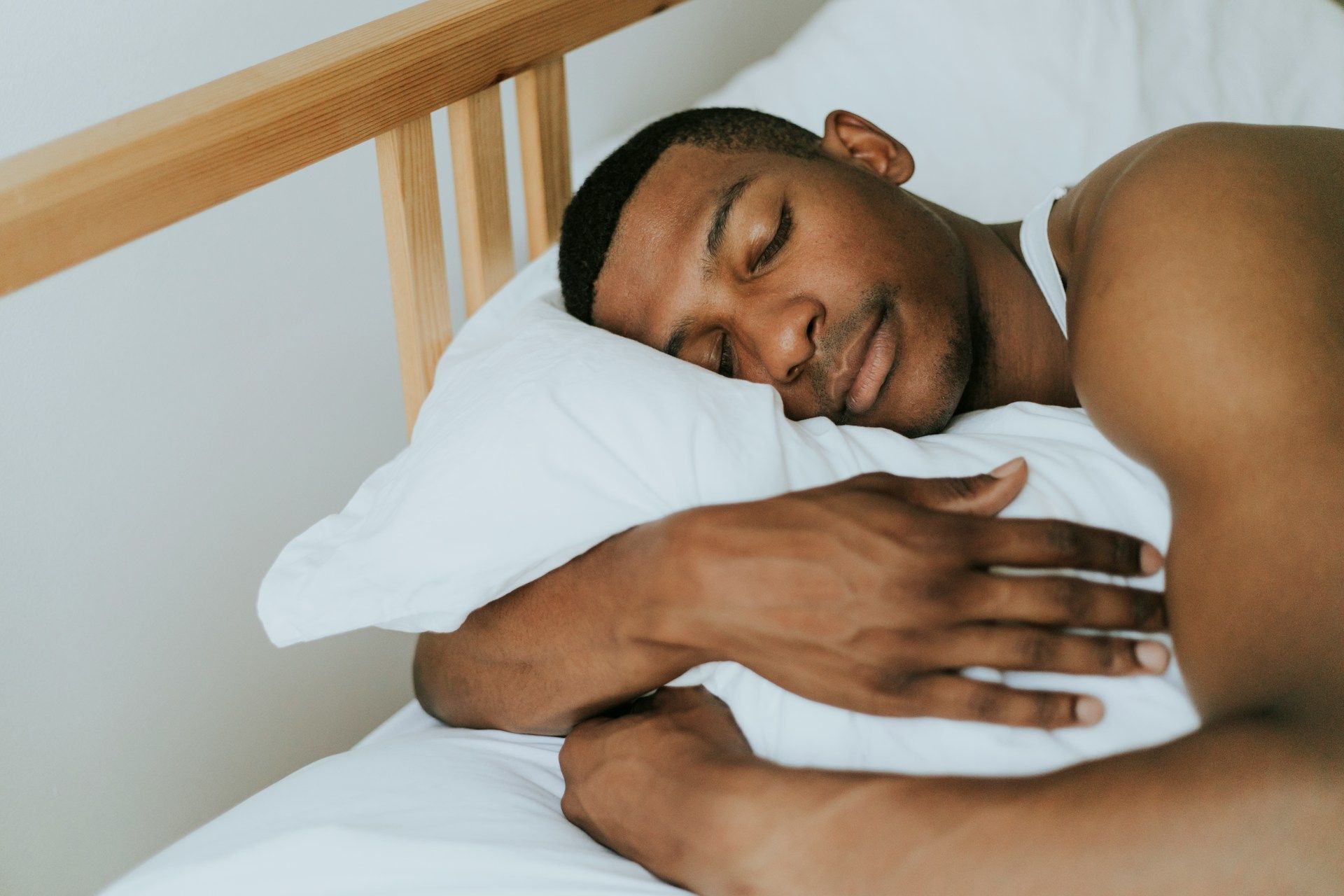Managing TMJ Pain During Colder Months: Dr. Cameron Kuehne's Advice

TMJ pain can be a real concern, especially during colder months in places like Boise. The discomfort caused by TMJ, or temporomandibular joint disorder, often intensifies when temperatures drop. Many people experience increased stiffness and soreness as the cold weather sets in, making daily activities more challenging. Dr. Cameron Kuehne, a well-regarded specialist, understands these challenges and provides valuable advice on how to manage TMJ pain effectively.
As the weather cools down, it becomes important to understand how it affects our bodies, particularly the jaw area. Dr. Kuehne emphasizes that being informed about these changes can help in taking proactive steps. By recognizing patterns and triggers related to TMJ pain during the winter, individuals can find relief and maintain better comfort throughout the season. Let’s explore how cold weather impacts TMJ pain and discover practical tips for managing it.
How Cold Weather Affects TMJ Pain
When temperatures drop, the body responds in various ways. For those with TMJ issues, this often translates to increased pain and discomfort. Cold weather can tighten muscles around the jaw, causing stiffness and making movements more painful. This stiffness can lead to flare-ups, where the cheeks and jawbones become extra sensitive.
Several factors contribute to this increase in pain:
- Muscle Tension: Cold weather causes muscles to contract, including those around the temporomandibular joint. This tightness can result in headaches and jaw discomfort.
- Inflammation: Lower temperatures may trigger inflammation in the joints, leading to heightened pain.
- Stress and Weather: The winter months can bring about added stress, whether from holiday pressures or just less daylight. This stress can exacerbate TMJ symptoms.
Recognizing these influences is key to managing TMJ pain effectively during colder months. Dr. Cameron Kuehne advises patients to stay aware of these triggers and suggests taking preventative measures to keep symptoms at bay. Keeping the jaw warm, avoiding unnecessary strain, and practicing relaxation techniques can make a significant difference. Understanding that the weather can directly impact how TMJ feels is a step toward finding relief and seeking appropriate treatment as needed.
Tips from Dr. Cameron Kuehne for Managing TMJ Pain in Cold Months
Dealing with TMJ pain during winter doesn't mean you have to hibernate. Dr. Cameron Kuehne offers some great strategies to help manage your jaw comfort. First, it's a good idea to focus on keeping your jaw warm. Wear a cozy scarf around your neck and face when you're outside; this can help retain warmth in the jaw area. A comfortable beanie or headband that covers the sides of your head can also protect against cold air that intensifies discomfort.
Dr. Kuehne also suggests incorporating regular jaw exercises and gentle stretching into your daily routine. These activities can help relieve tension and improve flexibility. Simple exercises like opening and closing your mouth slowly, or moving your lower jaw in circles, can aid in keeping the joints relaxed. Incorporating these movements into your day might prevent stiffness.
Eating habits play a role too. Soft diets are advisable during cold seasons to prevent aggravating TMJ symptoms. Foods like yogurt, mashed potatoes, and smoothies can be easier on your jaw. Avoid chewy and crunchy items that require more effort to eat as they can stress the jaw muscles.
Effective TMJ Treatments Offered at The Center For Sleep Apnea and TMJ
When managing TMJ pain, sometimes lifestyle adjustments aren't enough. This is where The Center For Sleep Apnea and TMJ steps in with a variety of specialized treatments curated by Dr. Cameron Kuehne. They offer custom treatment plans designed to target individual needs, tackling TMJ issues from different angles.
These plans might include therapies aimed at reducing inflammation, correcting bite misalignment, or easing pressure on the jaw joints. Dr. Kuehne believes in crafting an approach that suits each person, ensuring a more comfortable experience during the colder months. Having a tailored plan in place can make the difference between constant discomfort and relief.
Simple Lifestyle Changes to Ease TMJ Pain
Small lifestyle tweaks can have a big impact on TMJ pain. Dr. Cameron Kuehne recommends a few daily habits that can help. Practicing good posture is important; it helps in aligning the jaw properly. Maintain a straight and relaxed posture whether you’re sitting or standing to prevent additional stress on your jaw.
Managing stress levels also matters since stress can increase clenching and grinding, worsening TMJ symptoms. Simple relaxation techniques, like deep breathing or meditation, might help alleviate some of the tension.
A key part of managing TMJ during the cold months is staying proactive. Incorporating these tips can make winter a lot easier to manage. It's all about finding what works best for you and staying consistent.
Taking control of your TMJ discomfort with expert advice and practical steps can help you enjoy the season without being held back by pain. Recovery and relief are possible with the right guidance on your side.
Discover how you can manage TMJ pain effectively before winter hits by visiting CSAT Meridian - The Center For Sleep Apnea and TMJ. If you're seeking relief from discomfort, Dr. Cameron Kuehne offers personalized solutions to help you find comfort in Boise's colder months. Learn more about TMJ in Boise and take control of your well-being today.










